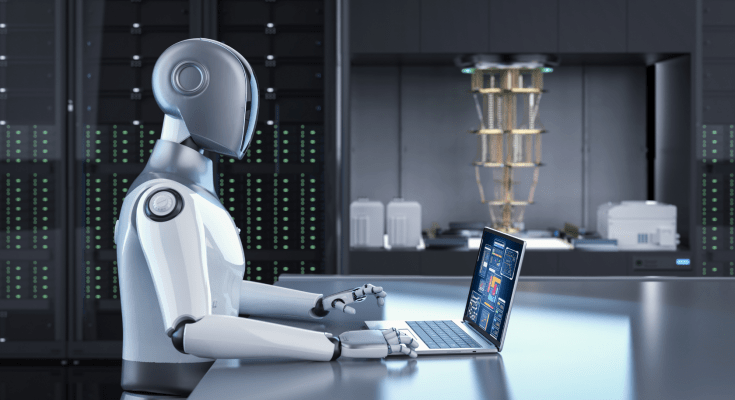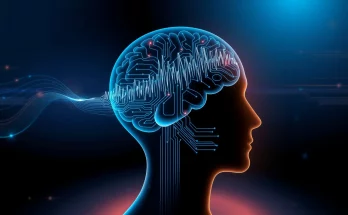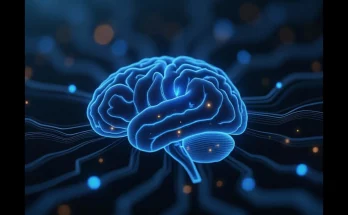In an era marked by rapid technological advancement, artificial intelligence (AI) stands at the forefront of revolutionizing various sectors. Visionaries in the AI field predict that the next five years will usher in unprecedented changes, impacting everything from the way we work to how we interact with our environment. This article explores the insights shared by leading AI experts and what the future may hold for this transformative technology.
The AI Landscape Today
As we delve into the future, it’s essential to understand the current state of AI. Today, AI technologies are already embedded in numerous applications, enhancing efficiencies and driving innovation. From smart assistants in our homes to sophisticated algorithms analyzing vast data sets, the influence of AI is both profound and pervasive.
- Natural Language Processing: Tools like chatbots and virtual assistants rely heavily on sophisticated NLP algorithms to communicate effectively with users.
- Computer Vision: AI-powered image recognition is transforming industries such as healthcare, automotive, and entertainment.
- Machine Learning: Companies utilize machine learning to analyze data trends and predict future outcomes.
Predictions for the Next Five Years
The insights offered by AI experts highlight several key predictions for the near future. These predictions revolve around the significant shifts expected in technology and their implications for our daily lives.
1. Enhanced Automation Across Industries
One of the most striking forecasts is the exponential growth of automation. AI will not only streamline processes but will also take on complex tasks currently managed by humans.
- Manufacturing: Predictive maintenance and robotic automation will enhance production efficiency.
- Healthcare: AI will assist in diagnostics, personalized medicine, and operational efficiencies within healthcare systems.
- Retail: Automated inventory management and personalized shopping experiences will revolutionize retail environments.
2. Interconnected AI Systems
In the coming years, we can expect a shift toward interconnected AI systems. This will promote seamless interactions between various AI applications, resulting in more holistic solutions.
- Smart Cities: AI-driven technologies will integrate urban infrastructure, improving traffic flow, energy consumption, and public safety.
- Supply Chain Optimization: AI will enable real-time adjustments in supply chains, reducing costs and increasing responsiveness.
- Personal Devices: Enhanced user interfaces for personal devices, wherein different AI systems communicate to provide a unified experience.
3. Ethical AI Development
The focus on ethics in AI development is set to grow significantly. As AI systems become more autonomous, companies and policymakers will increasingly prioritize ethical considerations in their implementation.
- Bias Mitigation: Efforts will be made to minimize biases in AI algorithms to promote fairness and equality.
- Transparency: Developments will strive for transparency in AI decision-making processes.
- Accountability Mechanisms: Regulatory frameworks will emerge to ensure AI applications operate within ethical boundaries.
The Impact on Employment
The evolving landscape of AI also raises questions about its impact on employment. While automation may displace certain jobs, it will also create new opportunities and roles that focus on managing and collaborating with AI systems.
Experts emphasize the need for workforce reskilling to adapt to changing job requirements. As AI revolutionizes industries, workers will need to acquire new skills to thrive in this dynamic environment.
Challenges Ahead
Despite the promising advancements, several challenges must be addressed to harness the full potential of AI technologies. Visionaries predict that navigating these challenges will be crucial for sustainable growth.
1. Data Privacy Concerns
The increasing reliance on big data raises significant concerns regarding privacy and security. Protecting sensitive consumer information while utilizing data to fuel AI is a balancing act that organizations must master.
2. Resistance to Change
Both individuals and organizations may resist the shift towards AI implementation. Changing mindsets and overcoming apprehension towards AI’s potential will be a significant hurdle.
3. Regulatory Frameworks
The development of comprehensive regulatory frameworks will be necessary to govern AI use effectively. Policymakers must work in alignment with tech leaders to establish guidelines that promote innovation while safeguarding public interest.
Preparing for the AI Future
As the technological landscape evolves, it is paramount for businesses, communities, and individuals to prepare for the future shaped by AI. Here are a few strategies to consider:
- Invest in Education: Foster a culture of continuous learning and curiosity regarding AI tools and methodologies.
- Encourage Collaboration: Promote partnerships between tech companies, educational institutions, and government bodies to maximize the benefits of AI technology.
- Advocate for Ethical Practices: Engage in discussions and initiatives focused on developing ethically responsible AI applications.
Conclusion
The next five years hold immense potential as AI technologies continue to reshape our world. By embracing this impending technological revolution, fostering ethical practices, and preparing for the future of work, society can harness the benefits of AI while navigating its challenges. As we stand on the brink of this transformation, collaboration, education, and foresight will be key in shaping an inclusive and innovative future.



